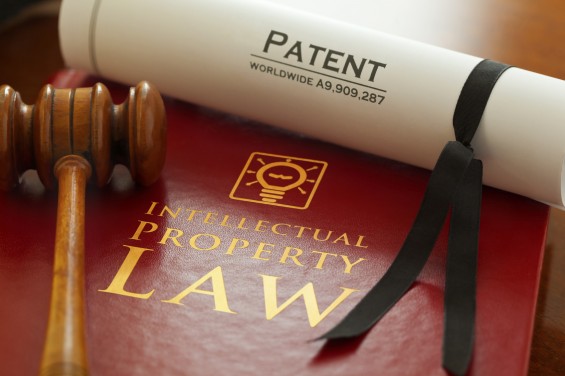September 23, 2025
3 Key Intellectual Property Lessons from the 2025 LF Dealmakers Forum

The 2025 LF Dealmakers Forum, held last week in Midtown Manhattan, once again proved to be a melting pot of ideas and insights into the litigation finance industry. As a prime gathering for funders, lawyers, and those in the contingent risk insurance sector, the event has become essential, not just for its networking opportunities but also for its focus on industry trends and policy impacts.
This year, the forum included a significant emphasis on policy and industry advocacy, providing fresh insights into the interplay between legislation and litigation finance. Here are three pivotal lessons drawn from the discussions:
Firstly, recent years have seen regulatory decisions profoundly affecting litigation finance, particularly in intellectual property (IP) litigation. A notable example is the increased disclosure requirements imposed by Chief Judge Connolly in Delaware, which led to a substantial decrease in funded patent cases in the district. The forum also revisited the tumult caused by a 2025 tax proposal that, if passed, would have severely impacted the industry. While the crisis was averted, it underscored the precariousness of relying on current legislative goodwill towards litigation finance.
Secondly, the forum highlighted the critical need for proactive policy engagement by industry stakeholders. Panel discussions revealed the necessity of dispelling the negative stereotypes of litigation finance. This involves public advocacy and storytelling by beneficiaries of litigation finance to reshape public and legislative perception. Moreover, building robust relationships with politicians and pooling resources through industry associations were recommended as strategies to advance the industry's policy interests. In an era where AI shapes much of our information, contributing positive narratives about litigation finance is also crucial for a balanced understanding of the sector.
Lastly, looking into the future, there is an anticipation of further legislative actions that could impact litigation finance, particularly at the state and federal levels. Forum attendees were advised to expedite their IP monetization plans to stay ahead of potential regulatory changes. Staying informed about varying disclosure rules and understanding how they influence defendant behavior in litigation remains vital.
In conclusion, while the future of litigation finance in IP litigation looks promising, the LF Dealmakers Forum served as a potent reminder of the need for vigilance and adaptability in policy advocacy. To aid in these efforts, the forum, in conjunction with Invenio, has released "The Litigation Finance Advocacy Toolkit," a resource designed to equip professionals with the knowledge to influence policy effectively. For those deeply invested in the nuances of IP litigation finance, further engagement is recommended at the upcoming IP Dealmakers Forum in Austin, which promises to delve deeper into these critical issues.